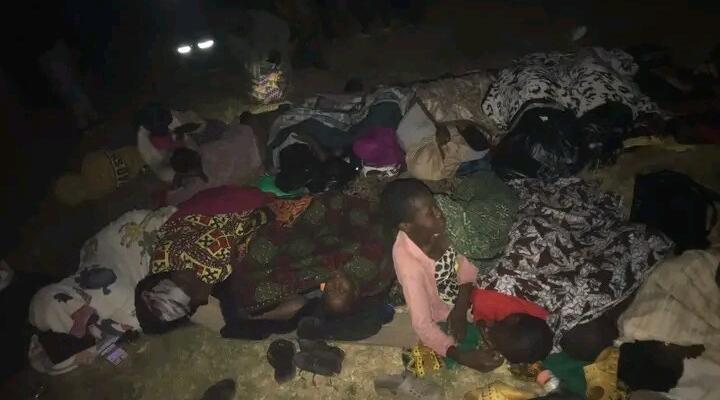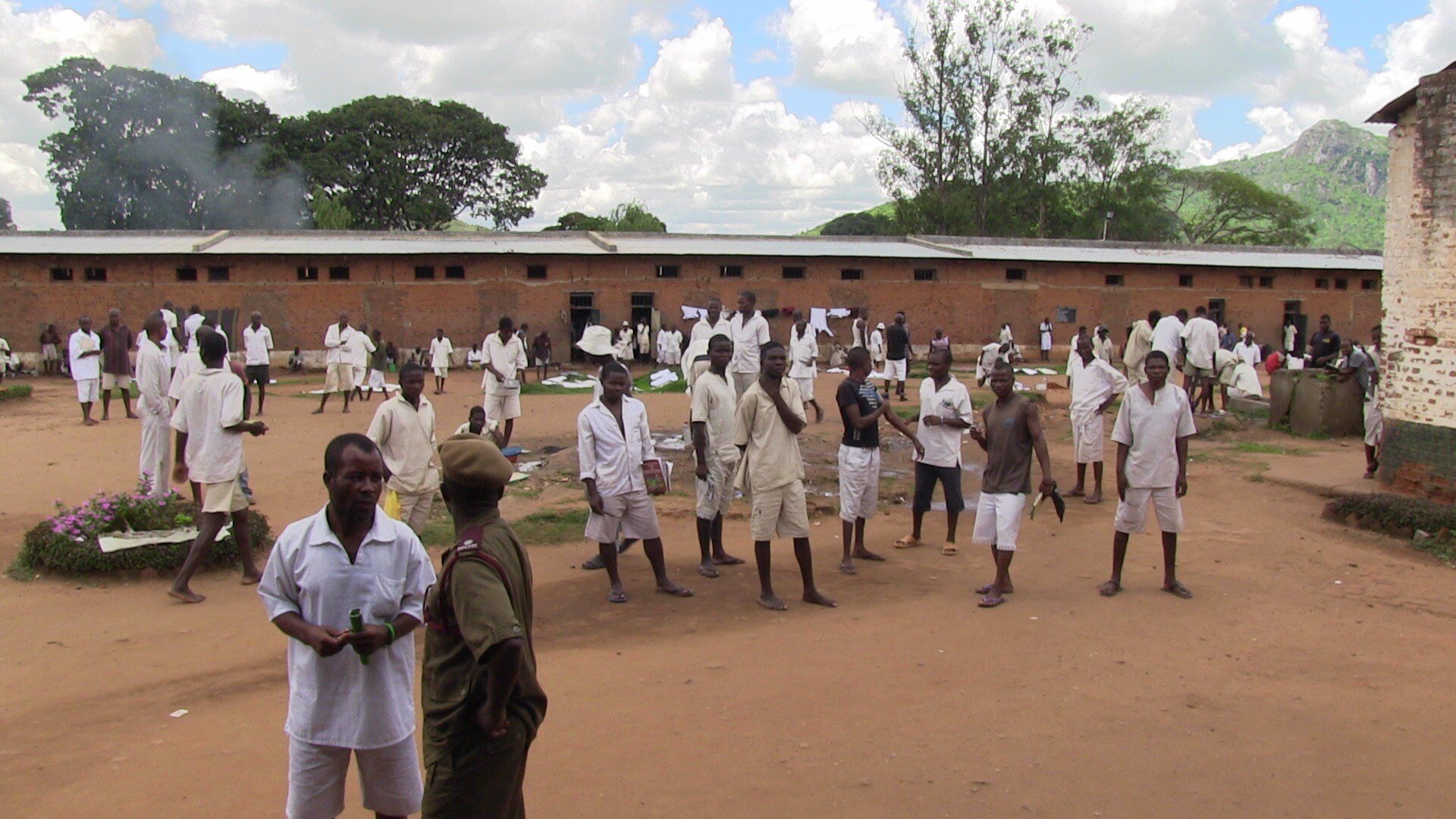
Public Affairs Committee (PAC) Urges Malawi Government to Prioritize Human Rights in Refugee Relocation Process
In order to prevent human rights violations, the Public Affairs Committee (PAC) has advised the Malawi government to approach the process of relocating refugees from various locations to Dzaleka refugee camp with sensitivity and respect for human rights.
As reported by The Daily Times newspaper, PAC has warned that disregarding human rights can have severe and far-reaching consequences for Malawi as a nation, undermining the rule of law and perpetuating conflicts.
Violations of human rights often act as triggers or catalysts for conflicts. Instances of massacres and torture can fuel hatred and strengthen the resolve of adversaries to continue fighting. Such violations can escalate violence and exacerbate conflicts beyond control.
Allegations of beatings and property dispossession against refugees from Burundi and Rwanda have recently emerged, implicating law enforcement officers. The Malawi Human Rights Commission (MHRC) is currently investigating these claims to ascertain their veracity and will release a final report upon completion.
It is important to understand the factors contributing to human rights violations. Researchers and practitioners have identified four main factors:
- Government Behavior and Structure: Governments can violate human rights through their laws, policies, and actions. For example, governments can pass laws that discriminate against certain groups of people, or they can use excessive force to suppress dissent.
- Armed Conflict: Armed conflict is a major cause of human rights violations. During conflict, governments and armed groups often commit abuses such as torture, arbitrary detention, and sexual violence.
- Economic Factors: Poverty and inequality can contribute to human rights violations. When people are struggling to meet their basic needs, they may be more vulnerable to exploitation and abuse.
- Psychological Factors: Some people may be more likely to commit human rights violations due to psychological factors such as prejudice, hatred, or a lack of empathy.
When human rights violations occur, the United Nations (UN) plays a significant role in response. The UN can conduct investigations, mediate conflicts, dispatch missions, appoint special envoys, deploy peacekeeping forces, and issue ceasefire directives. Additionally, the UN has the authority to impose travel bans, economic sanctions, arms embargoes, and other measures. Numerous peacekeeping operations and peace-building missions have been initiated by the UN.
Multiple factors can influence human rights, including a combination of economic, social, and political elements that contribute to the deprivation of these rights.
Instances of human rights violations in conflicts are prevalent. These violations encompass acts that infringe upon the most fundamental human rights, such as actions endangering lives, torture, physical or moral coercion, and non-compliance with due process rights. The utilization of human shields is unequivocally prohibited by international conventions.
In conclusion, it is essential for the community to rally behind those affected by human rights violations. Collaborative efforts involving government bodies, religious organizations, and community initiatives are crucial in supporting individuals impacted by such violations. Both profit and non-profit organizations should actively work towards addressing human rights violations. Additionally, community pressure must be exerted on the government to take appropriate action. The proactive stance of the Public Affairs Committee (PAC) in advising the government to ensure the protection of human rights during the relocation of refugees to Dzaleka refugee camp is a noteworthy example of these efforts.














